News
-
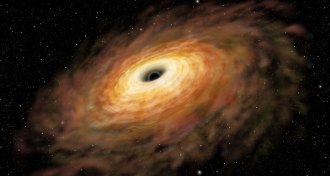 Astronomy
AstronomyAstronomers can’t figure out why some black holes got so big so fast
Early supermassive black holes are challenging astronomers’ ideas about how the behemoths grew so quickly.
-
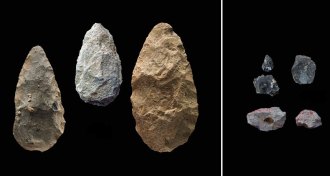 Anthropology
AnthropologyAncient climate shifts may have sparked human ingenuity and networking
Stone tools signal rise of social networking by 320,000 years ago in East Africa, researchers argue.
By Bruce Bower -
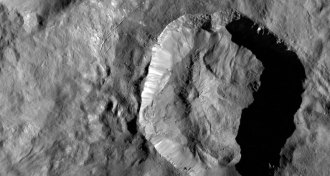 Planetary Science
Planetary ScienceDwarf planet Ceres may store underground brine that still gushes up today
Waterlogged minerals and changing ice add to evidence that Ceres is geologically active.
-
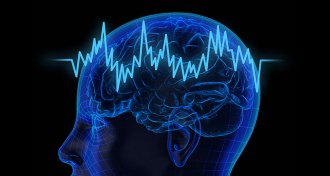 Neuroscience
NeuroscienceBrain waves may focus attention and keep information flowing
Not just by-products of busy nerve cells, brain waves may be key to how the brain operates.
-
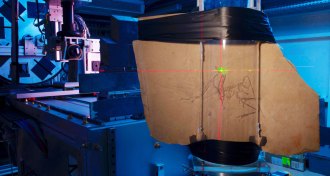 Animals
AnimalsDino-bird had wings made for flapping, not just gliding
Archaeopteryx fossils suggest the dino-birds were capable of flapping their wings in flight.
-
 Quantum Physics
Quantum PhysicsSuperconductors may shed light on the black hole information paradox
Materials that conduct electricity without resistance might mimic black hole physics.
-
 Science & Society
Science & SocietyWhat we do and don’t know about how to prevent gun violence
Background checks work to prevent gun violence; concealed carry and stand-your-ground laws don’t. But lack of data makes it hard to make other links.
-
 Health & Medicine
Health & MedicineNewer drugs make hepatitis C-positive kidneys safe for transplant
People without hepatitis C did not contract the disease after receiving successful transplants of infected kidneys along with newer antiviral drugs.
-
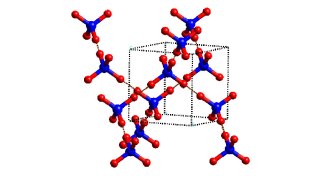 Earth
EarthDiamonds reveal sign of the deepest water known inside Earth
A rare form of ice crystal in the gems could have formed only at the crushing pressures found in the mantle.
-
 Tech
TechOn Twitter, the lure of fake news is stronger than the truth
An analysis of more than 4.5 million tweets discussing false and true stories reveals that in the Twittersphere, fake news gets more views.
-
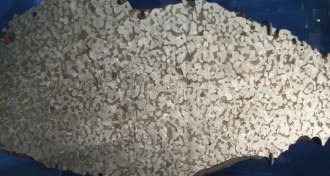 Physics
PhysicsSome meteorites contain superconducting bits
Scientists find materials that conduct electricity without resistance in two meteorites.
-
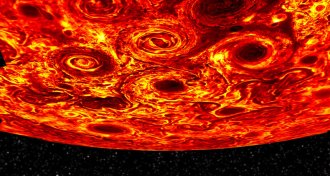 Planetary Science
Planetary Science4 surprising things we just learned about Jupiter
Polar cyclones, surprisingly deep atmosphere and a fluid mass spinning as a rigid body are among the latest discoveries at Jupiter.